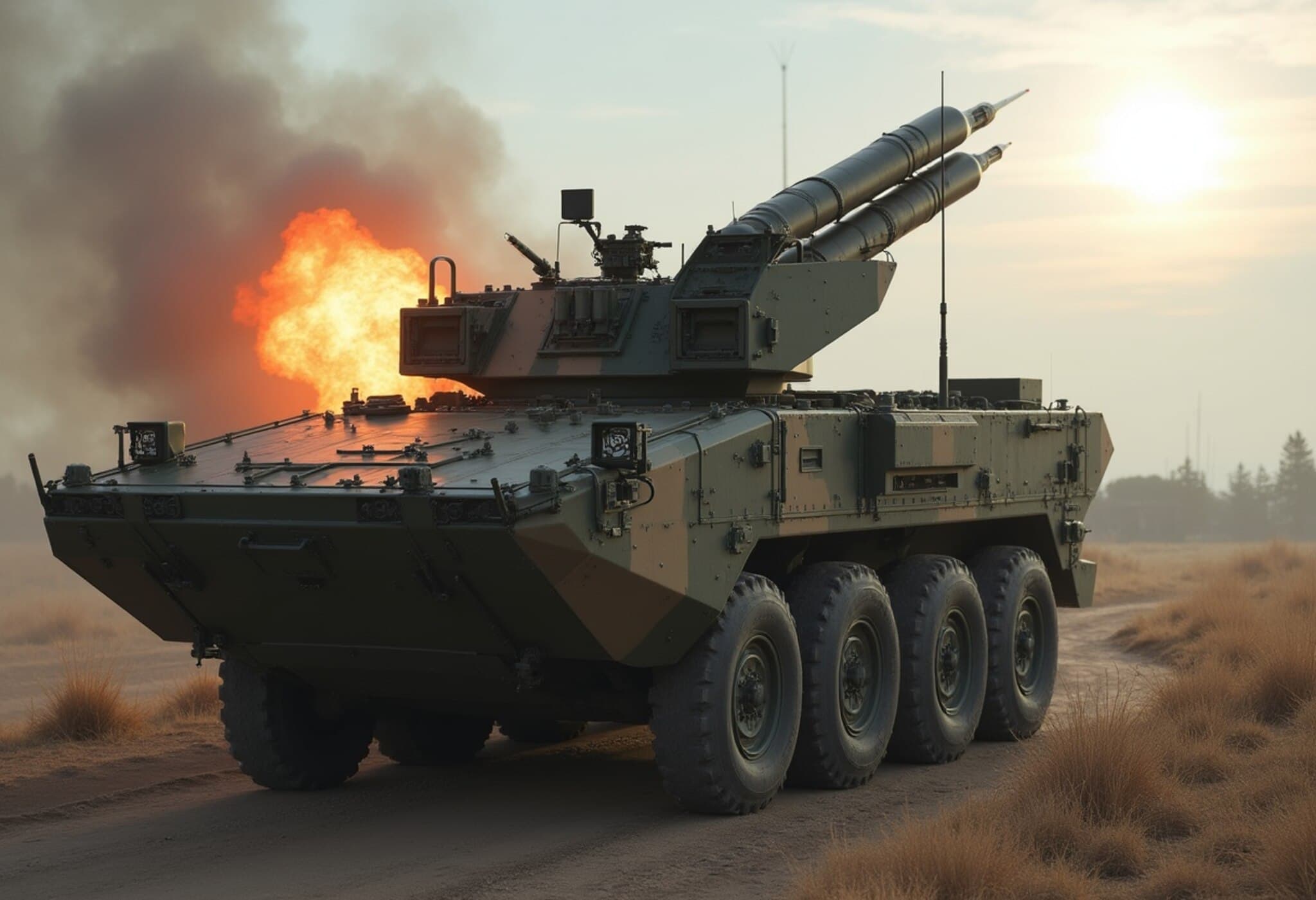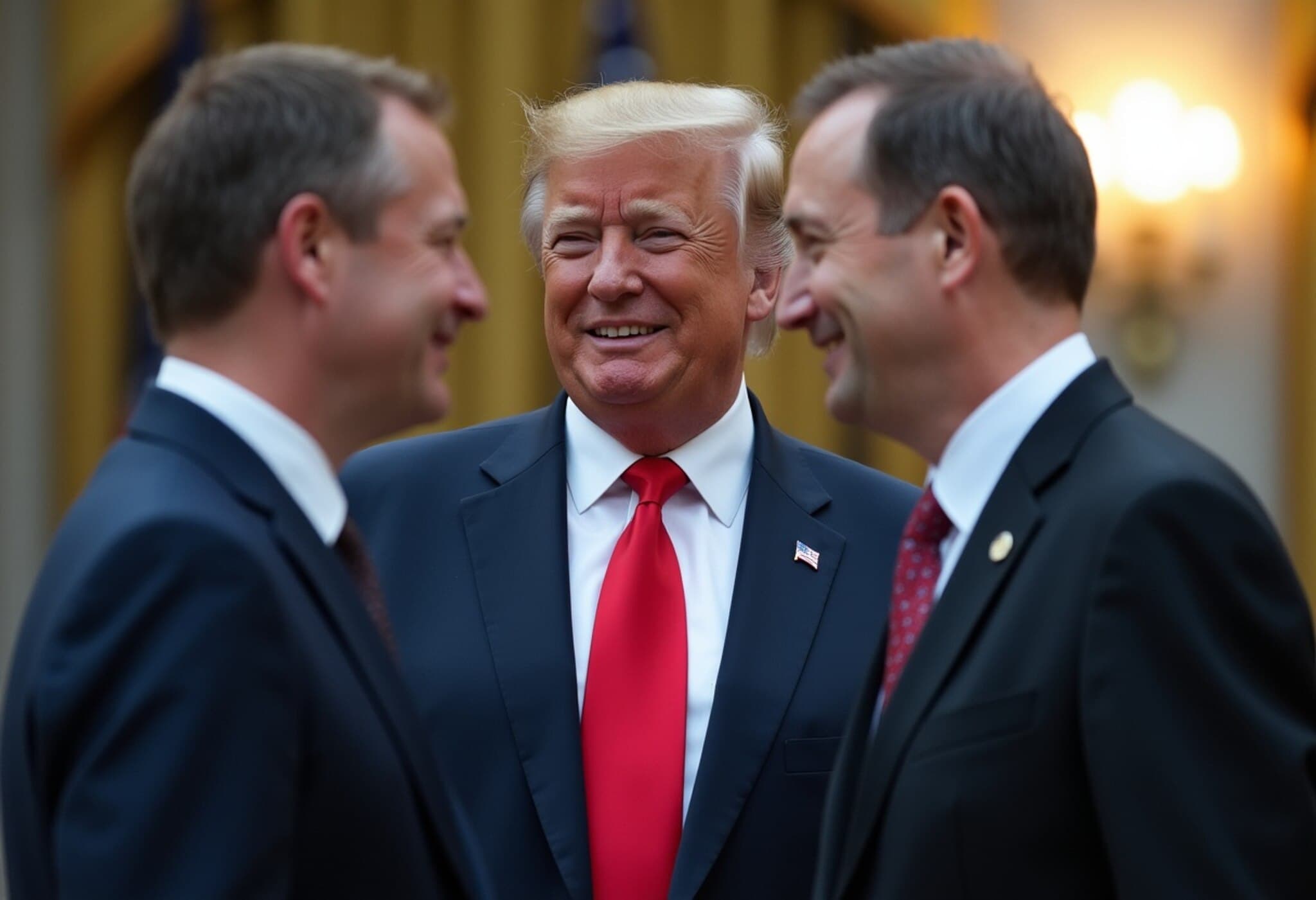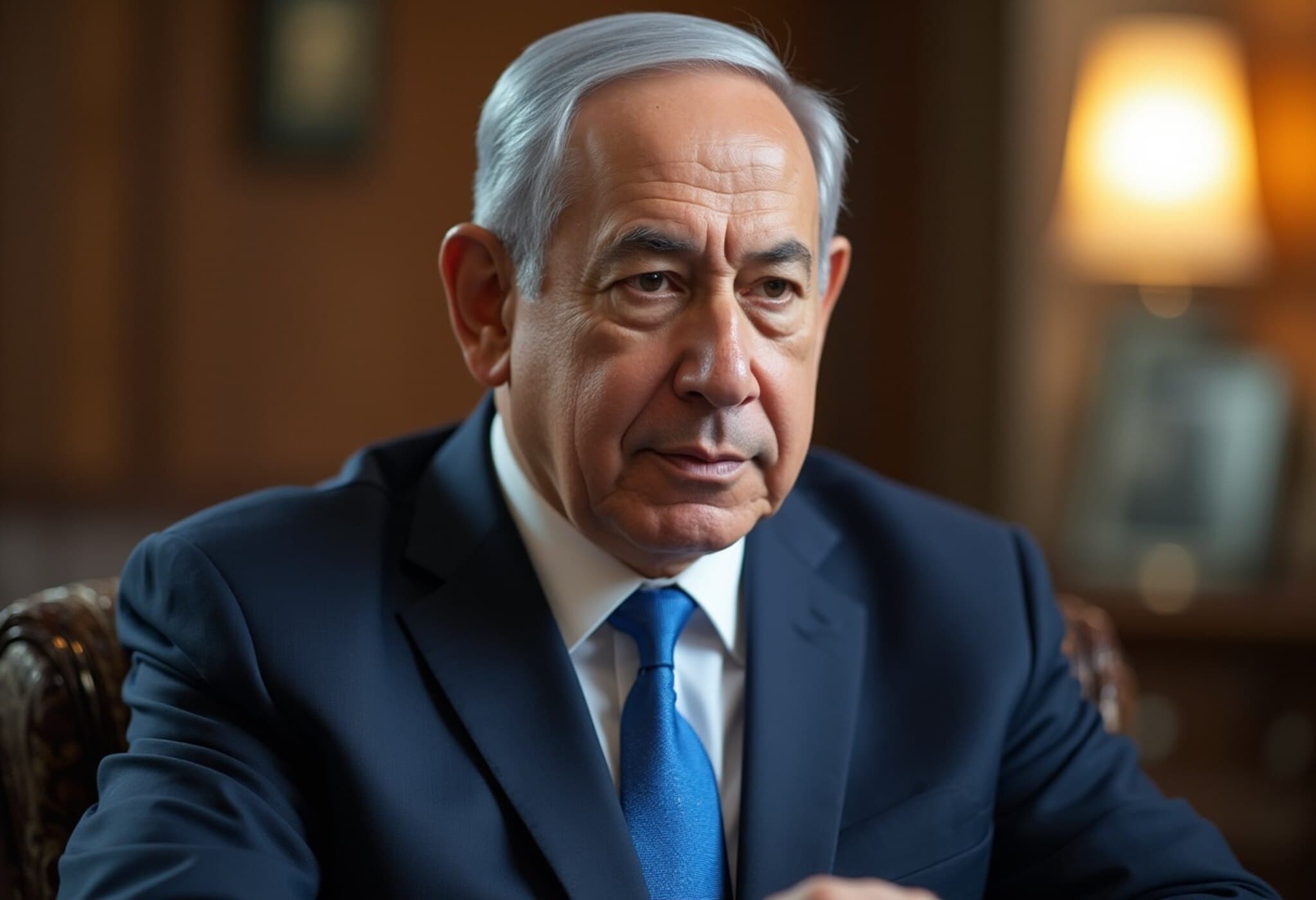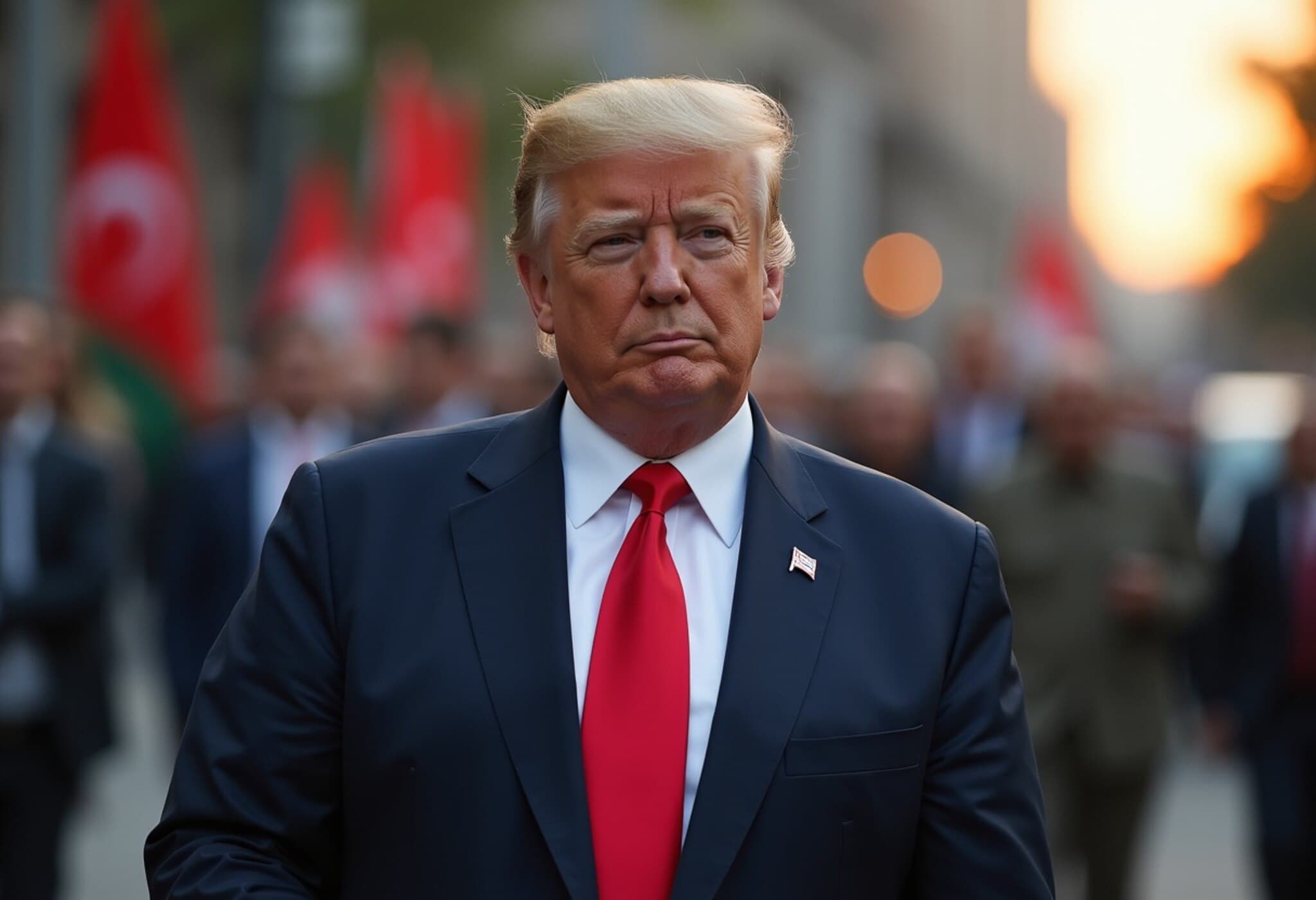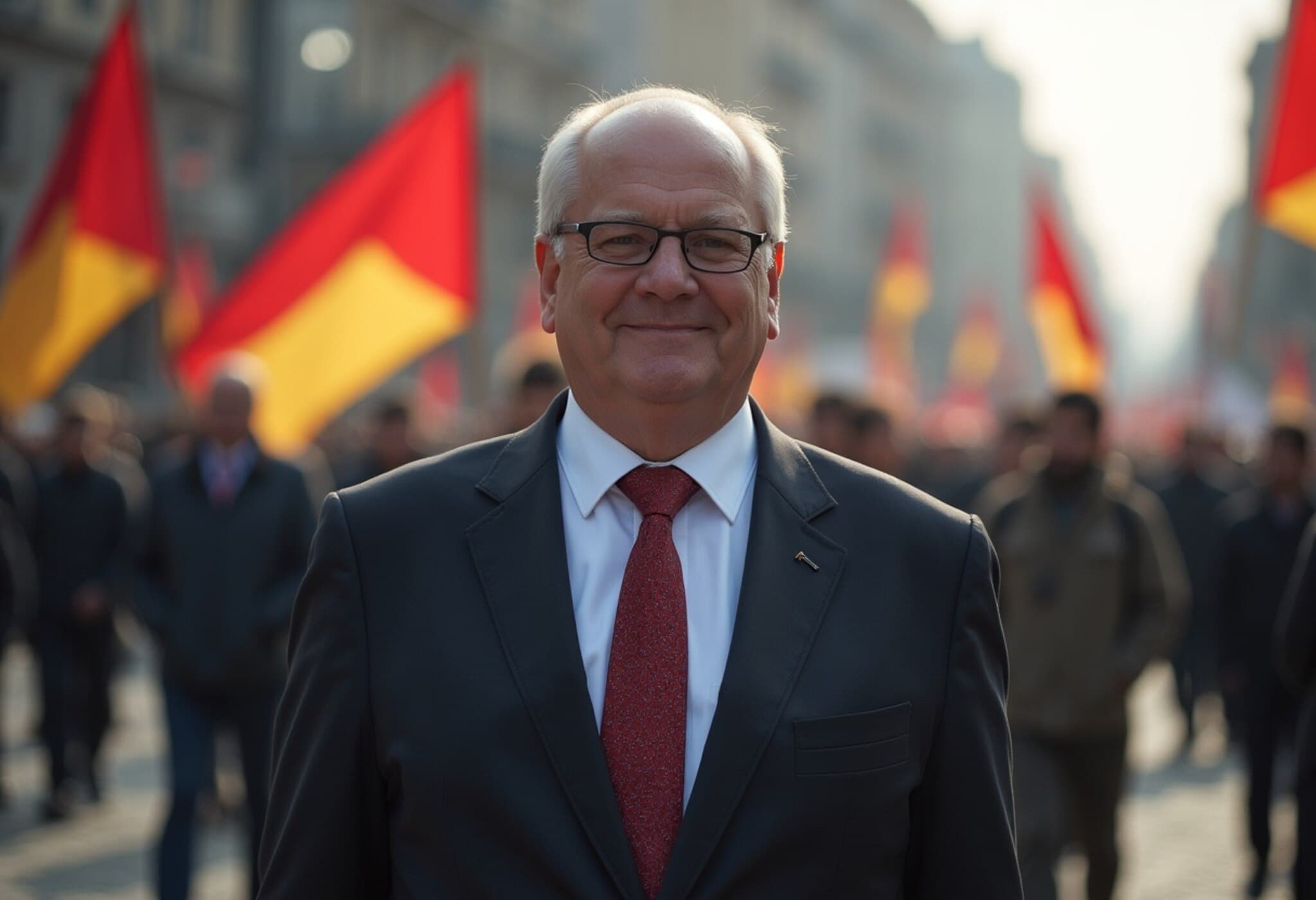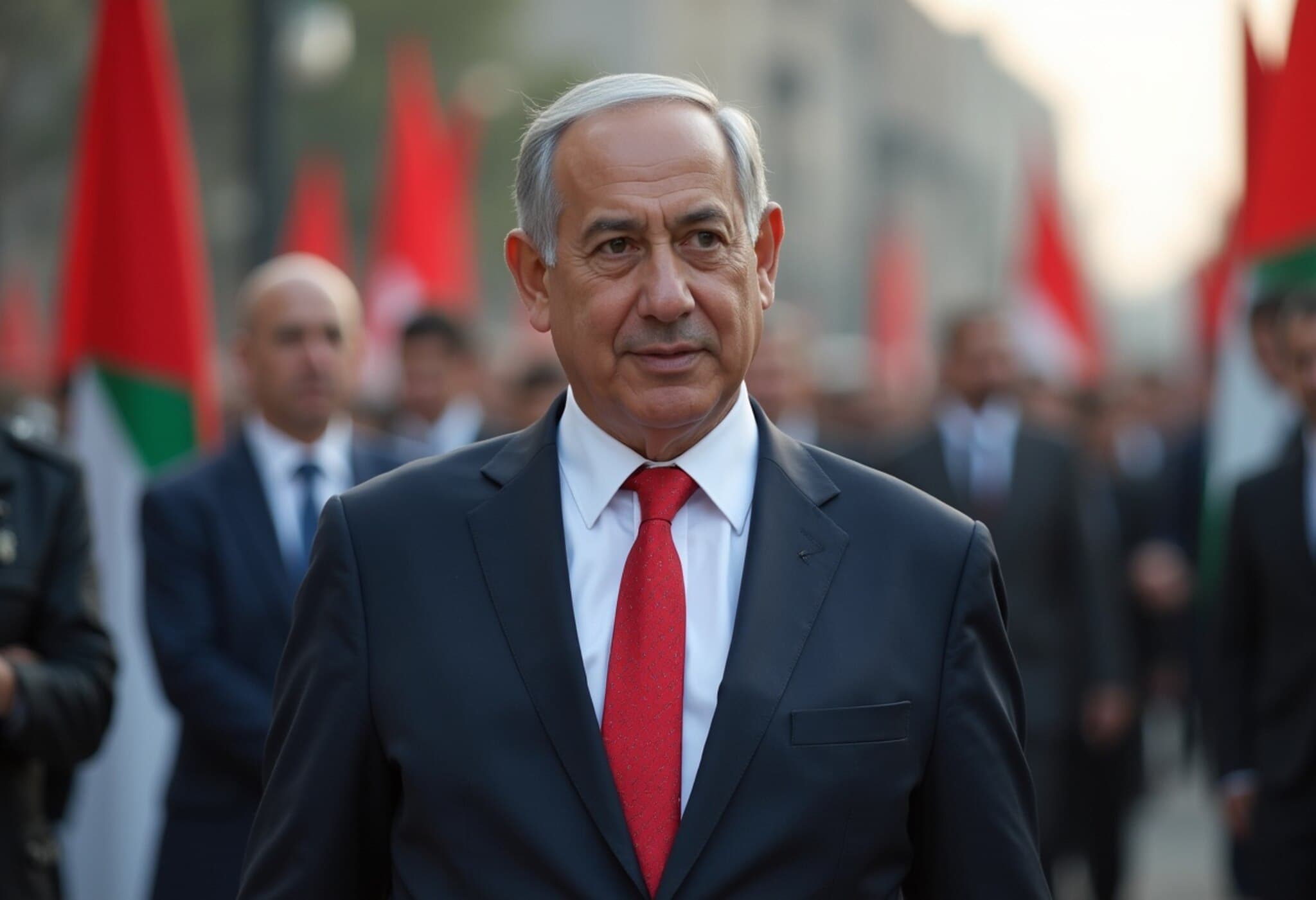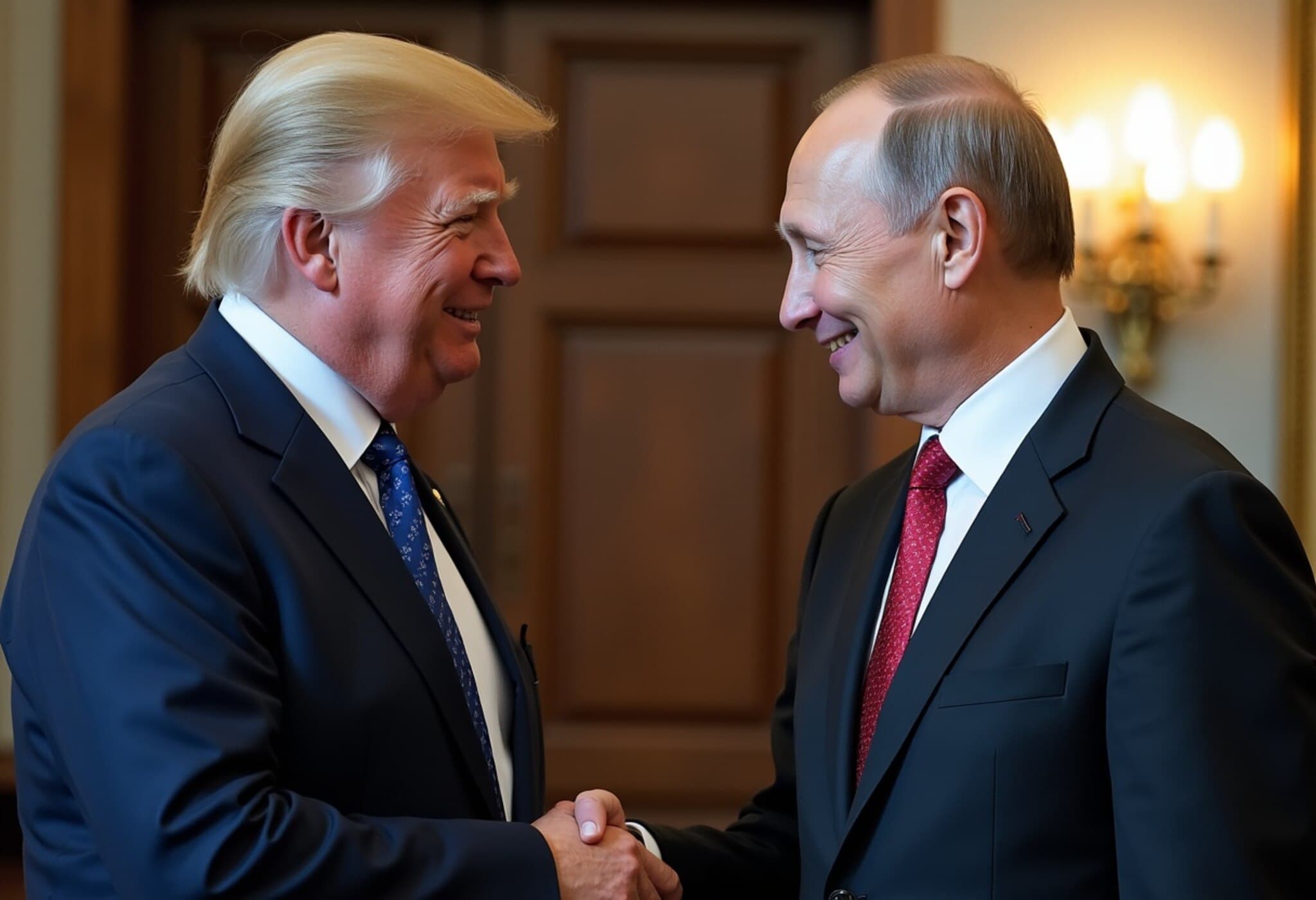Norway’s Sovereign Wealth Fund Pulls Out of Israeli Companies Amid Gaza Conflict
In a decisive move reflecting growing ethical concerns, Norway’s $1.9 trillion sovereign wealth fund announced on Monday that it is liquidating its stakes in 11 Israeli companies. This decision follows scrutiny over the fund’s investments, including in a manufacturer of jet engine parts used in Israeli fighter planes, during the ongoing war in Gaza.
Ethical Investment Meets Geopolitical Reality
Nicolai Tangen, CEO of Norges Bank Investment Management (NBIM) — the body managing Norway’s sovereign wealth fund — emphasized that this action is a response to “extraordinary circumstances” amid the escalating humanitarian crisis in Gaza and deteriorating conditions in the West Bank.
"We are invested in companies operating in an area experiencing armed conflict which has worsened severely recently," Tangen said. "This requires us to re-evaluate our holdings from an ethical standpoint."
The World’s Largest Wealth Fund Takes a Stand
Often referred to as Norway’s “Oil Fund,” due to its origin from revenues generated by the country’s petroleum sector, NBIM oversees investments in over 8,600 companies worldwide. The fund’s sheer size and influence make any divestment announcement impactful on a global scale.
Earlier reports revealed NBIM’s stake in Bet Shemesh Engines Holdings, an Israeli company producing jet engine components for military aircraft involved in the conflict. Notably, the fund had increased its holdings after hostilities intensified, prompting intense public and political scrutiny, including intervention from Norwegian Prime Minister Jonas Gahr Store and Finance Minister Jens Stoltenberg.
Reworking Investment Priorities and Oversight
NBIM disclosed that it held investments in 61 Israeli companies at mid-2025. Following the latest decisions, all stakes in Israeli firms outside the equity benchmark index, as defined by Norway’s Finance Ministry, are to be sold promptly.
Key measures announced include:
- Divesting from 11 Israeli companies not aligned with ethical benchmarks.
- Restricting future investments to companies listed within Norway’s equity benchmark index.
- Repatriating management of Israeli investments previously outsourced to external managers, coupled with terminating their contracts.
- Conducting a comprehensive review of Israeli investments, with a report due before August 20, 2025.
Heightened Scrutiny and Ethical Guidelines
NBIM has long incorporated ethical considerations, particularly regarding companies linked to conflict regions. Since 2020, the fund has engaged more than 60 companies about their activities related to the West Bank and Gaza, resulting in intensified monitoring since late 2024 and divestments from several companies.
Finance Minister Jens Stoltenberg praised Norges Bank’s swift reaction, underscoring the fund’s commitment to ethical guidelines that prohibit investments in companies contributing to breaches of international law. "Companies involved in Israel’s military operations in Gaza or the West Bank occupation conflict with these guidelines," Stoltenberg noted.
Broader Financial Sector Resonates with Ethical Divestment
Norwegian pension fund KLP followed suit on the same day, announcing the exclusion of Israeli firm NextVision Stabilized Systems from its portfolios. The company is known for supplying key technologies for military drones utilized in Gaza hostilities.
Expert Commentary and Broader Implications
This strategic divestment by Norway’s wealth fund reflects a broader trend of sovereign and institutional investors grappling with ethical dimensions of investing in conflict zones. Financial decisions now increasingly consider the reputational and moral ramifications alongside traditional risk and return factors.
From the American policy perspective, Norway’s move resonates with increasing calls for responsible investment frameworks that align with human rights considerations and international law—issues also debated in U.S. government circles concerning companies linked to conflicts abroad.
The case raises critical questions for global investors: How do we balance fiduciary duties with ethical accountability? What responsibility do investors bear in conflicts fueled by their portfolio companies? Norway’s decisive step offers an instructive example of integrating ethical scrutiny within investment mandates.
Editor’s Note
The unfolding situation illustrates how global capital is not immune to geopolitical tensions and ethical debates. Norway’s wealth fund, as the world’s largest sovereign investor, is navigating uncharted territory in balancing financial stewardship with humanitarian considerations. As this story develops, it invites deeper examination of ethical investing’s evolving role amid conflicts and the broader international response to corporate involvement in warfare.








